This website uses cookies so that we can provide you with the best user experience possible. Cookie information is stored in your browser and performs functions such as recognising you when you return to our website and helping our team to understand which sections of the website you find most interesting and useful.
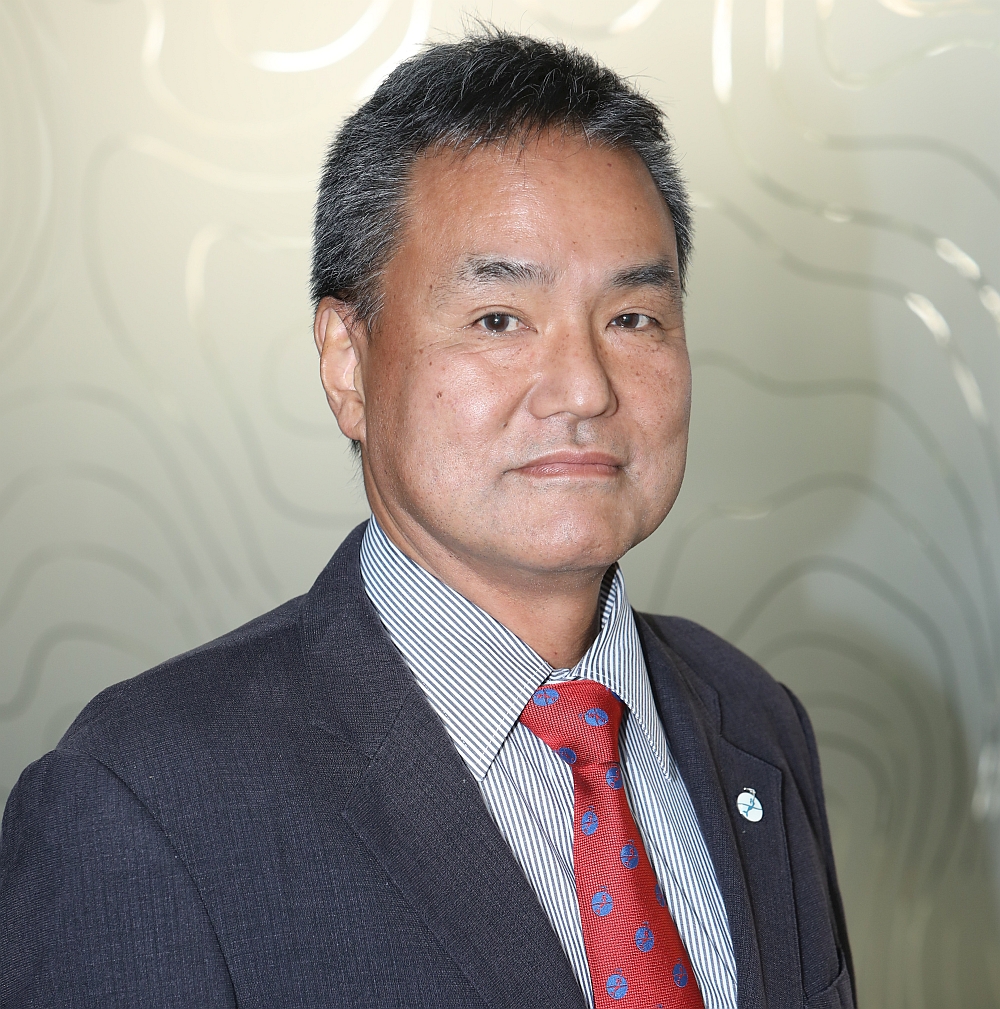
Hideki Noguchi
Chair of ENAV committee and the Workshop
Mr. Hideki NOGUCHI was appointed as the Chair of the IALA e-Navigation Committee at 63rd IALA Council meeting in 2016. He has also served as the Special Assistant to the Director of the Maritime Traffic Department, Japan Coast Guard and in charge of international affairs. In addition, he was assigned for the Head of Japanese delegation to the IMO/ITU Joint Expert Group and for the representative of Japanese delegation to the IMO Maritime Safety Committee and NCSR Sub-Committee. Before appointed as the Chair, he was the Vice-Chair from 2014 to 2016 and also worked as the Coordinator of IMO NAV Sub-Committee Correspondence Group on the development of policy and new symbols for AIS aids to navigation. From 2005 to 2007, he was dispatched to the Philippine Coast Guard as the expert on safety of navigation and SAR for the human resource development project of Japanese official development assistance program.
Minsu Jeon
IALA view on the impact of MASS on the Marine Aids to Navigation
Minsu JEON is the Technical Operations Manager at IALA. He is responsible for supporting and coordinating the work of the technical Committees and representing IALA in a technical capacity. He has a Master’s degree in Port Engineering and served as a radar operator in the Korean Navy. Minsu worked as the Regional Safety Navigation Adviser in the Pacific Community (SPC) in Fiji, where he contributed to enhancing the awareness and level of maritime safety in the Pacific region.
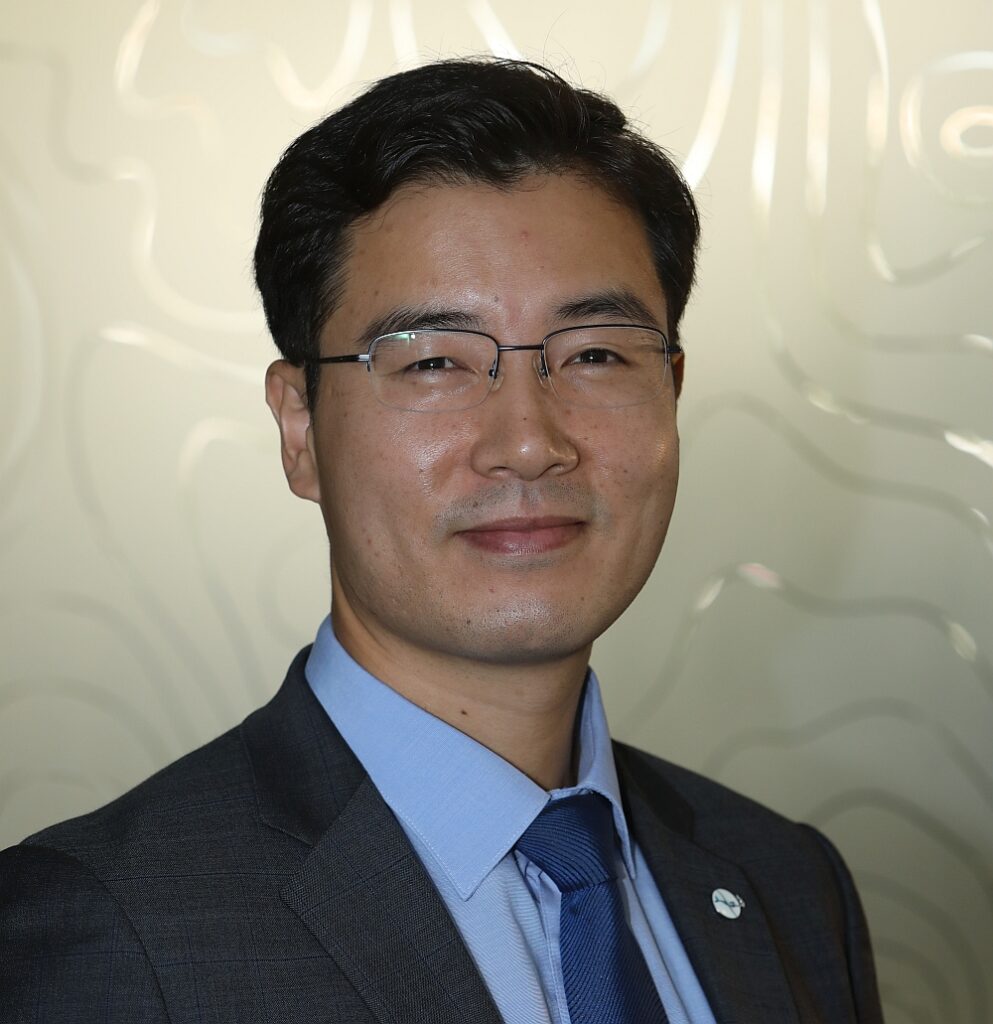
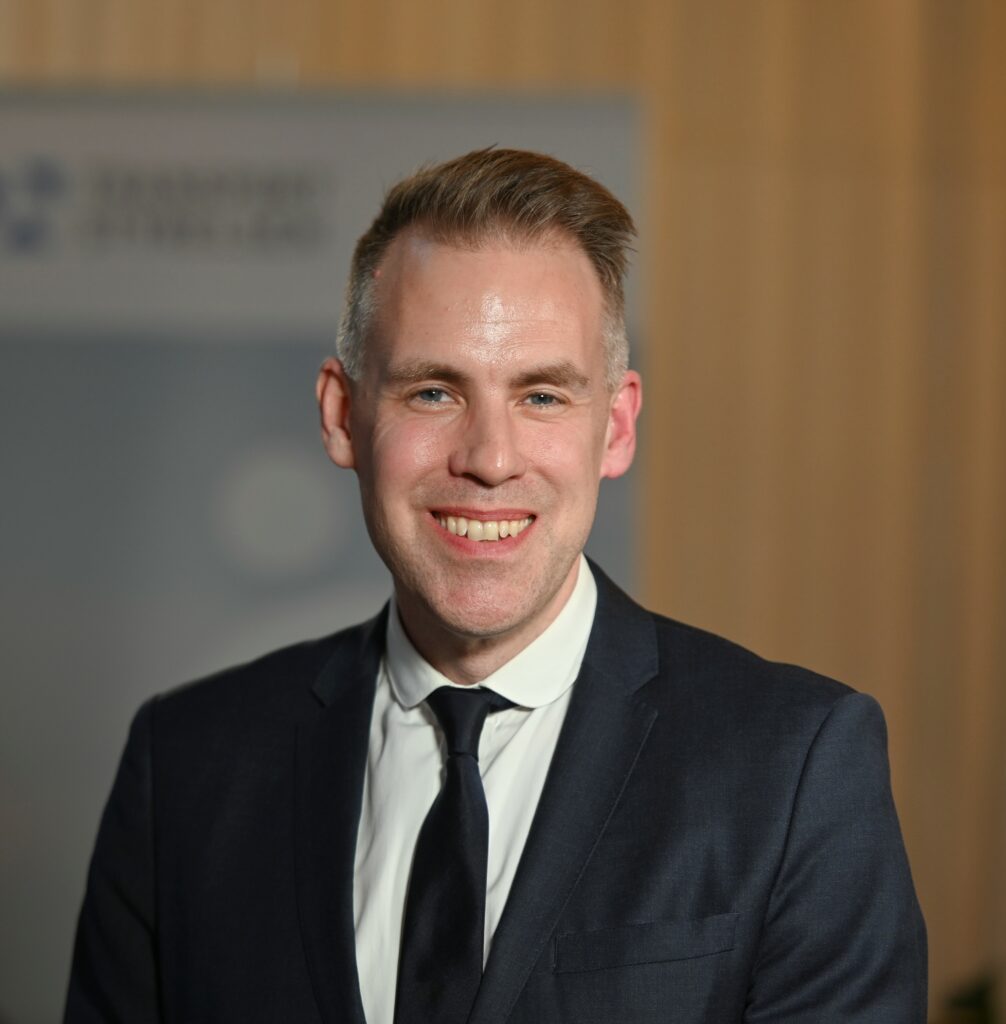
Henrik Tunfors
Outcome of IMO MASS RSE
Senior maritime advisor and currently the Focal point for autonomous shipping and smart ships at the Swedish Transport Agency. He is a regular at the IMO, both as a delegate and chairman, and his most recent assignment is chairing the Working Group on MASS which oversees the regulatory scoping exercise on how to address MASS in IMO instruments. Henrik graduated with a Masters of Laws, specializing in maritime and competition law, from Lund University, Sweden, in 2001, and in 1999 he completed the International and Comparative Law Programme, in the Netherlands. He has previously held several government positions within the maritime field, including Legal adviser, International Liaison and various managing positions over the course of almost 20 years dedicated to shipping issues. Henrik will speak about the outcome of the IMO Regulatory Scoping Exercise (RSE) to establish how MASS operations can be introduced into the safety and security related instruments of the IMO (13 conventions and 19 codes), e.g. COLREGs, LoadLines, STCW and SOLAS, in particular possible implications for shore based infrastructure and capabilities.
Jillian Carson-Jackson
MASS terminologies
Commenced her career in the Canadian Coast Guard, graduating from the Canadian Coast Guard College as a navigation officer. With over three decades in the industry, Jillian has worked both afloat and ashore in the CCG, including 10 years as an instructor at the CCGC. Following an active role at IALA in the development of VTS Training, she moved to France to work with IALA as Technical Coordination Manager. She then moved to Australia to work with the Australian Maritime Safety Authority (AMSA) as Manager of Vessel Traffic and Pilotage Services. In 2016 Jillian left AMSA to set up her own consultancy, focusing on maritime technical advice and education. In May 2020 Jillian was appointed a Director of GlobalMET. Jillian is currently the President of The Nautical Institute and a Director of GlobalMET and represents The Nautical Institute at IALA as chair of the Emerging Digital Technologies Working Group (ENAV Committee) and the Personnel and Training Working Group (VTS Committee).


Ann Till
Business case
Ann started her career working deep-sea before making the transition to short-sea shipping in the offshore sector. After making the jump ashore, she became a marine inspector and surveyor based in the Middle East before undertaking various roles in offshore ship management in Europe and Africa. Her passion is operating safe, compliant vessels whilst delivering client satisfaction with a strong focus on improving safety and performance standards with a blend of technology and developing a culture of safety and operational excellence. She is currently Chief Vessel Operator for Ocean Infinity, responsible for turning robotic uncrewed vessels from concept to reality. Ocean Infinity has developed hybrid-powered robotic ships ranging from 21-78m in length, Ocean Infinity’s new Armada Fleet is being designed and built to be remotely-operated for both maritime and payload operations, equipped with a wide range of sensor packages, from hydrographic spreads to full Work-class Remotely Operated Vehicle capability, with all operational and scientific data fed to our state-of-the-art Remote Control Centres. This session will highlight potential markets, the factors that can influence timescales and business models of operating remotely controlled vessels and the importance of ensuring operational safety and compliance is kept at the heart of how commercial operators use uncrewed maritime technologies
Ørnulf Jan Rødseth
Norway testbed
MSc in cybernetics and electronic engineering from 1983. He is a well-known researcher in maritime information and communication technology and has worked in the area for more than 25 years. This has mostly been in research institutes, but he has also four years’ experience from maritime electronics industry. Since 2011, he has worked mainly with autonomous ship technology, but is still active in digital communication technology. He is a senior scientist at SINTEF Ocean, a not-for-profit and independent research institute in Trondheim, Norway. He is also the general manager in Norwegian Forum for Autonomous Ships (NFAS) and the coordinator for the International Network for Autonomous Ships (INAS). He spends significant time on standardisation and is a member of ISO TC8 and IEC TC80. He regularly meets at IMO as observer for ISO.
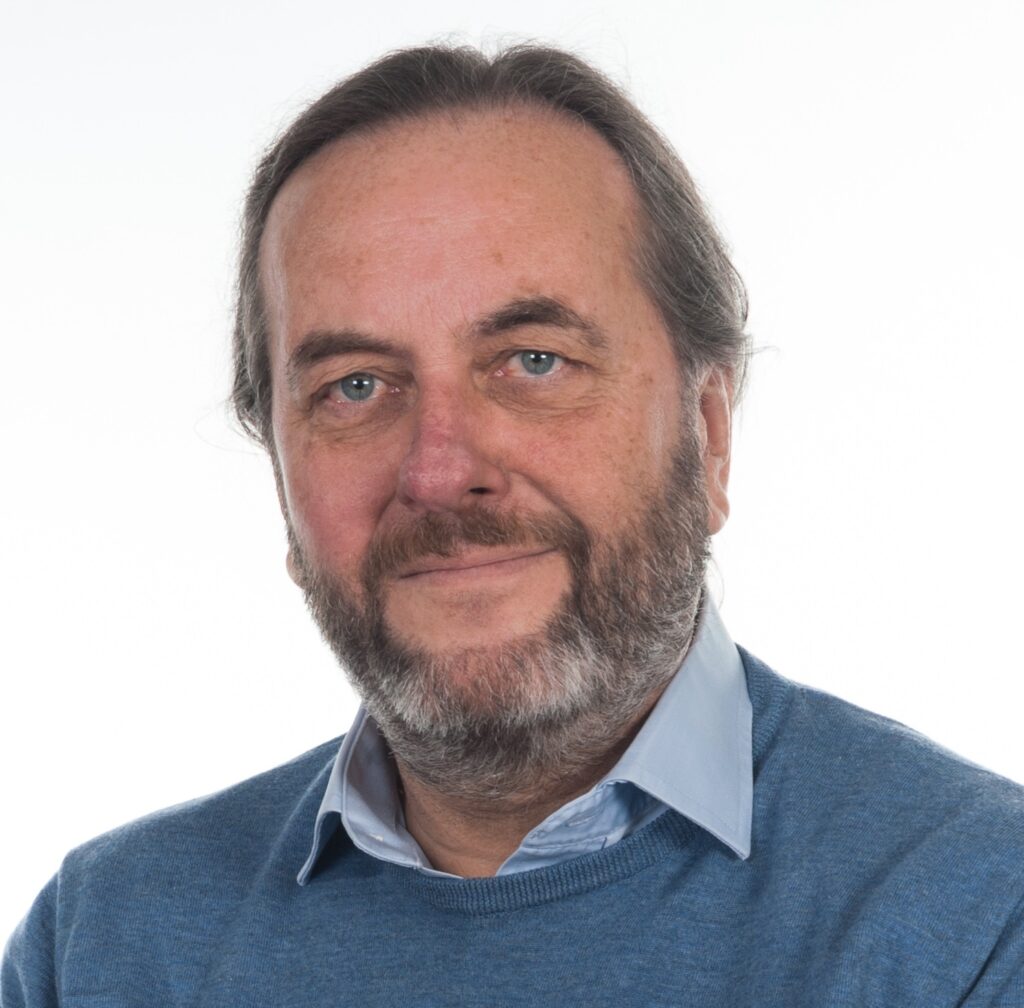

Anne Miettinen
Finland testbed
Master of Social Sciences Anne works as a Senior Ministerial Adviser in the Automation Unit of the Ministry of Transport and Communications Finland. Her duties include maritime and logistics automation and digitalization, for example strategic development. She is a Head of Delegation of IMO Facilitation Committee and participates in the IMO Maritime Safety Committee (MSC) in automation issues. She is a national delegate in European Commission´s High Level Steering Group of the Digital Maritime Systems and Services (HLSG) and its MASS working group. She also participates in MASSPorts cooperation network. She has worked in research, forecast and evaluation coordination activities as well as open data activities both in the Ministry of Transport and Communications and Prime Minister’s Office. Finland is one of the leading testbeds globally. Finnish national legislation already enables testing, for example remote pilotage in Pilotage Act and reduced manning in Bill on Ship’s Crews and the safety management of ships. Finland has the world’s first open sea autonomous maritime ecosystem (https://www.oneseaecosystem.net/) for testing innovations at open sea as well as trial test area such as Jaakon meri in Finnish archipelago. There are also simulator environments available in academia and companies. RAAS research ecosystem supports tests with research. Demanding full-scale tests have already been done in Finland. Finnish Ministry of Transport and Communications is preparing transport automation strategy that highlights ecosystemic cooperation, trials and large industry lead pilots in Finland, with neighboring countries and internationally to support safety and security, performance standards, transparency of artificial intelligence, interoperability, changing roles and responsabilities of stakeholders, developing methods as well as logistics chains. One important development area is intelligent fairway which leads from open sea to fairway and to port. It also takes into consideration importance of intelligent ports as test platforms in multimodal logistics corridor. The concept of the intelligent fairways includes digital, physical and data infrastructure which are corner stones of testbeds in addition to ecosystems and ship technology.
Captain Satoru Kuwahara
Japan testbed
Captain of NYK Line, currently belongs to Japan Marine Science Inc. He is being a leader in the research and development of NYK Group’s Maritime Autonomous Surface Ships technology. It is very unique that an active captain leads such a technology development project. This is because NYK believe it is important to build a concept and proceed with development based on the needs and ideas of people who are actually involved in the practice of ship operations. NYK believes that it is a shortcut to socially implement the developed technologies and conduct safe and efficient ship operation. Captain Satoru would like to introduce the technological developments related to some of MASS that they are working on.
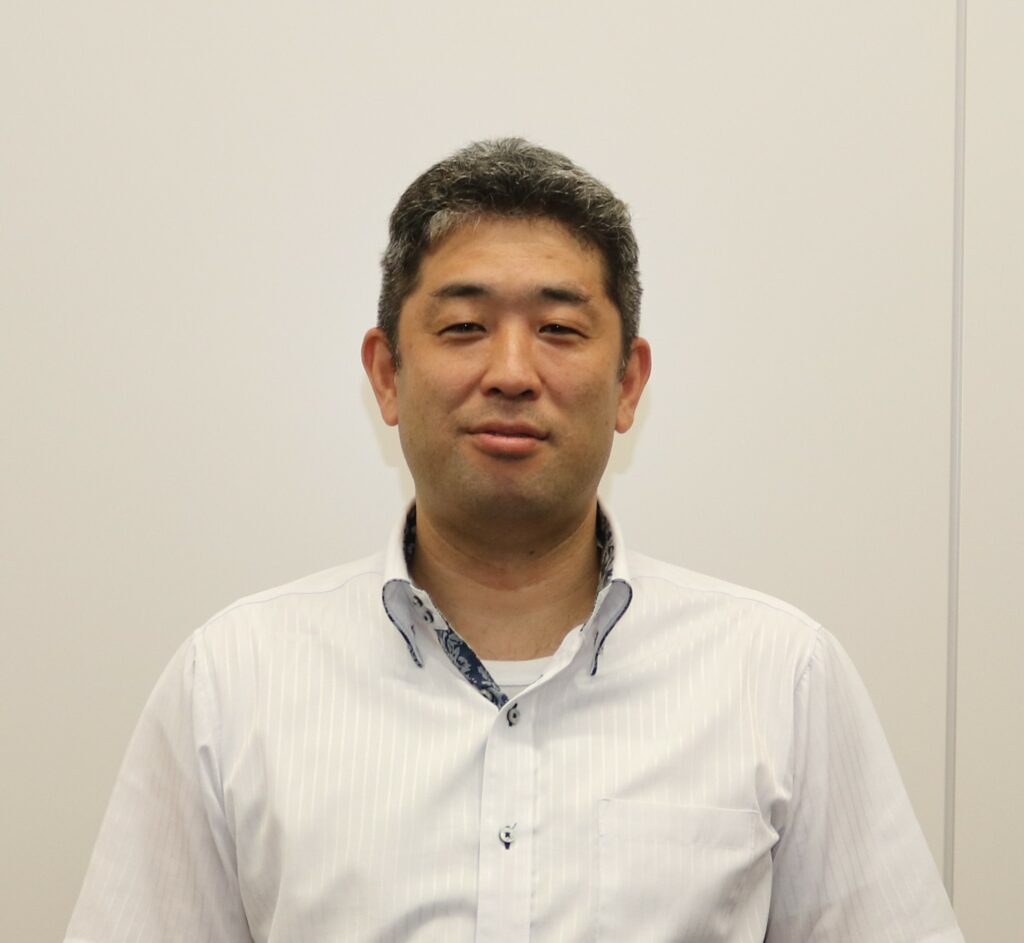
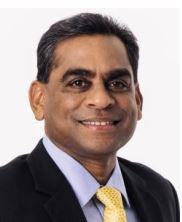
Captain M Segar
Singapore testbed
Captain M Segar is the Assistant Chief Executive (Operations) of the Maritime and Port Authority of Singapore (MPA). He holds a Master (Foreign-going) Certificate of Competency and a Master of Science (Maritime Administration & Environmental Protection) from the World Maritime University, Malmo (Sweden). Prior to his current appointment in MPA, he was a Port of Singapore Authority (PSA) sponsored student and after his sailing career, he worked with the Port of Singapore Authority as a Harbour Pilot. He then joined MPA as a Marine Officer and was subsequently promoted as the Port Master, MPA. Capt. Segar was awarded the Public Administration Medal (Silver) (Bar) Pingat Pentadbiran Awam (Perak) (Lintang) at the National Day Awards 2017. In his current capacity as the Assistant Chief Executive (Operations), Capt. Segar oversees operational matters pertaining to the smooth and safe running of the Port of Singapore, so as to ensure that the world’s busiest port remains safe, secure and efficient, thereby facilitating the development and promotion of Singapore as a hub port and international maritime centre. Capt. Segar also oversees the administration of our responsibilities as a Flag State, Port State and Coastal State, and the use of technology to enhance our operations
Yasuyuki Koga
Autonomous technology for road
Mr. Yasuyuki KOGA joined Ministry of Internal Affairs and Communications in 1995 and was mainly responsible for Telecommunications and ICT Policy and International Coordination and Standardization in the Ministry. He also worked at Research Promotion Bureau of Ministry of Education, Culture, Sports, Science and Technology, the Embassy of Japan in Canada, Standardization Promotion Office of National Institute of Information and Communications Technology, and Center for Research Strategy of Waseda University to promote R&D and standardization. He is now responsible for the national research initiative Cross-ministerial Strategic Innovation Promotion Program on automated driving for universal services (SIP-adus) in the Secretariat of Science, Technology, and Innovation Policy, Cabinet Office, Government of Japan since 2018. Yasuyuki will speak about the basic understanding of the automated driving for land mobile vehicle (automobile), especially cooperative with the road infrastructure provided with the traffic information, and the R&D activities lead by the Government of Japan collaborated with industry, academia, and relevant organizations. The government of Japan is conducting a national research innovation initiative for innovation, SIP-adus(automated driving for universal services), to implement automated driving in society to realize society 5.0, the concept of future smart society defined by the 5th Science and Technology Basic Plan of Japan .
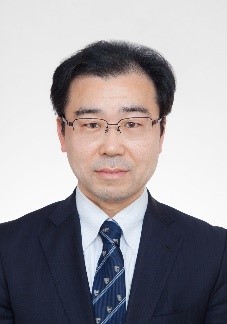
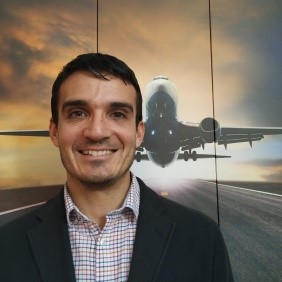
Manuel Santos
Autonomous technology for aviation
Air Navigation Engineer, holding a Master’s degree in Air Traffic Management (ATM) with more than ten years of experience in aviation domain. He started his professional career in 2010 as Flight Procedures Designer, developing Flight Procedures Design activities related to the implementation of conventional and Performance Based Navigation (PBN) procedures at different airports in Spain. In 2015 Manuel joined SENASA, as ATM Civil Inspector, supporting the Spanish Aviation Authority (AESA) in the approval of Flight Procedures Design before publication. Manuel has joined ESSP in 2018 as Aviation Consultancy Expert supporting Service Development activities, enabling the implementation of PBN procedures, and Flight Procedures Design projects. The introduction of Unmanned and Autonomous Systems (UAS) in the aviation ecosystem is currently being developed with a strong effort from the aviation community in order to standardize and harmonize the worldwide approach maintaining or even improving the current safety levels. ATM elements will require ensuring the traffic predictability, separation and flow management when conventional aircraft are mixed with autonomous ones. In this sense the protection of the aircraft flows with specific containments or protection areas, so called Instrument Flight Procedures, which are supported by specific navaids not only providing the appropriate accuracy, availability and continuity but also ensuring the integrity of the PNT (Position, Navigation and Time) solution will become a key enabler jointly with the on-board avionics, communication and surveillance capabilities to ensure the operational safety and efficient management of the traffic flow. The presentation will introduce several concepts related to the way these specific containments or protection areas are defined and designed for the different phases of the flight encouraging the audience to think about the potential applicability of similar concepts in the MASS scenarios.
Ifor Bielecki
Autonomous technology for aviation and maritime
Ifor started his career in the airline industry as a commercial pilot. After completing an M.Sc in Air Transport Management at City University in London in 2010, he moved into the field of airline management and specialised in wide scale transformation and change. In the maritime field, Ifor was executive director of Sea-Kit International who developed the world’s first Long-Range, Long Endurance Unmanned Survey Vessel. Sea-Kit was named as one of the Royal Institute of Naval Architects Significant Ships of 2017 and won the Shell Ocean Discovery XPRIZE in 2019. Ifor subsequently joined SeaBot XR as COO to continue developing the human factor considerations and training for MASS operations. SeaBot XR is an agency for cutting learning products and services and are founder members of the MASSPeople aiming at developing training standards for the operation of MASS vessels now and in the future. One area Ifor leads is to establish the baseline requirements for Voyage Data Recorder requirements for MASS. This work aims to assist in the development of incident investigation and reporting whilst reducing operational risk and enhancing knowledge in MASS operations.
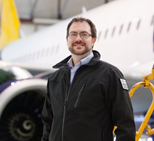
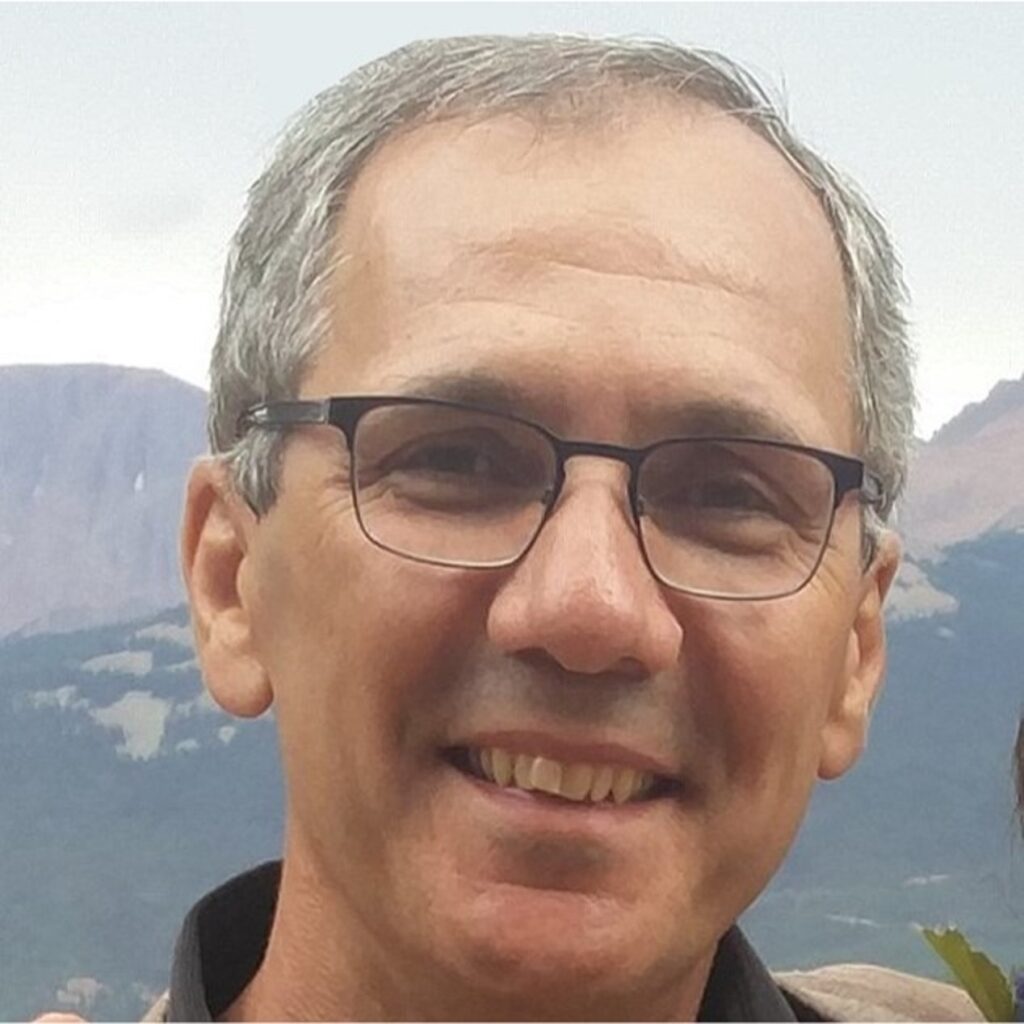
Kevin Heffner
Managing and adapting new technologies
Independent researcher active in the area autonomous vehicle systems for over 20 years. After completing his Ph.D in the Stability and Control of space vehicles, he has performed applied research for the aerospace & defense and transport sectors on intelligent system design, system interoperability, and human-autonomy teaming related to autonomous vehicle systems. Kevin is currently the President of Pegasus Research & Technologies and will speak about managing and adapting new technologies

